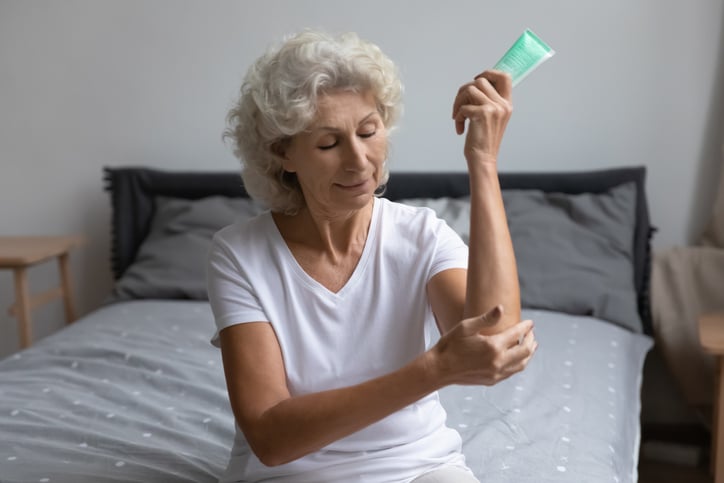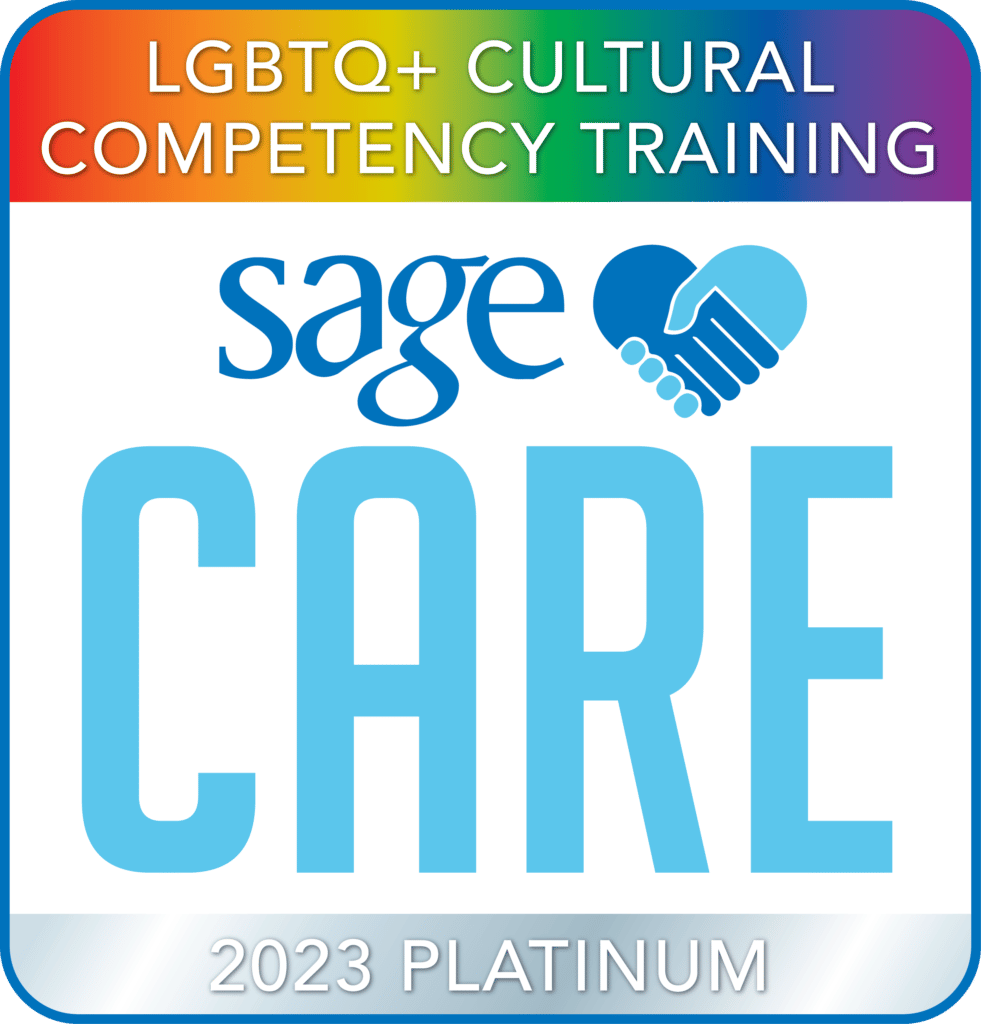Skin Conditions Seniors Should Look Out For

Skin conditions are common in the senior population because as we age, our skin changes in ways that can make it more prone to disease. Older skin is less oily, less elastic, and thinner, which means it bruises and burns easily and can take a long time to heal when sun-damaged or injured. Even though skin conditions are common for seniors, it’s important to know which ones to keep an extra eye on as they could develop into something more serious.
Studies show that one of the most common skin diseases that affects older adults is eczema, a skin infection that causes severely dry and itchy skin. This infection occurs when your skin doesn’t produce oils like it used to and becomes irritated by fragrances, pollen, and invisible dust mites. If you’re noticing itchy, dry, red patches on your skin that don’t seem to calm with a little lotion, you might have eczema. Don’t ignore it! Make an appointment with your doctor to confirm and see if they can give you advice to help manage it. Often a steroid cream is prescribed, but also a healthy diet can make a big difference. Staying hydrated and eating healthy fats, protein, and foods high in zinc like dairy products can help to heal and prevent eczema.
Rosacea is a chronic skin disease that can appear at any age, but is more common in older adults. Rosacea can cause bumps and blistering, often on the face, neck, or ears, and accompanied by a painful stinging or burning sensation. Symptoms of rosacea can include blushing cheeks and nose, visible veins, and broken blood vessels. Being aware of these symptoms can help prevent a painful flare-up. The best treatment is prevention, which means avoiding triggers like sun exposure, strong winds, spicy food, alcohol, stress, and overly hot water from bathing. These triggers can be different for everyone so it is important to pay attention to what might be causing your flare-ups.
Fungal Infections can be common in seniors and are often found under toenails. It is important to look out for yellow, green, or discolored skin that’s painful to the touch. Most often your doctor will prescribe antibiotics and an antifungal steroid cream to clear the infection, but prevention is key. Regularly trim the toenails, change your socks, and replace worn out shoes regularly. Keeping your feet dry and letting them air out will also help.
The Right Senior Community for Staying Healthy and Safe
If you or a loved one is in need of long-term care, UMC at Pitman has skilled nurses and caregiving professionals that can take care of all your medical needs, including your skin conditions. Care is individualized to each person’s needs and adapts as their needs change over time.
UMC at Pitman believes in living an abundant life no matter what care is needed. If you have any questions about assisted living or long-term care in Pitman, New Jersey, please contact our experts, we are happy to help.
Visit our website at – https://umcommunities.org/pitman/




